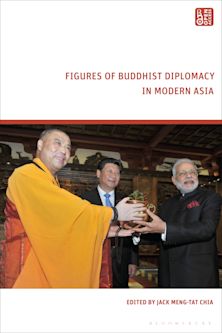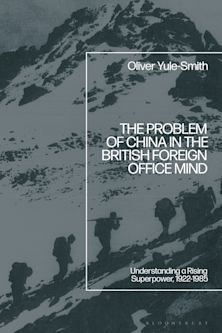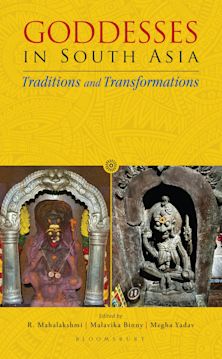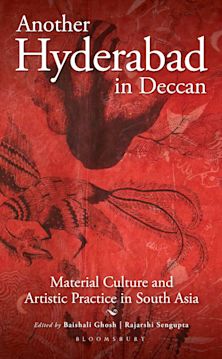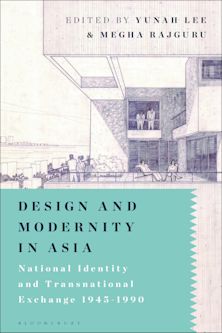Ethnic China
Identity, Assimilation, and Resistance
Ethnic China
Identity, Assimilation, and Resistance
This product is usually dispatched within 1 week
- Delivery and returns info
-
Free US delivery on orders $35 or over
Description
There are some serious concerns and critical questions about the on-going minority protesting in China, such as Tibetan monks’ self-immolations, Muslims’ suicide bombings, and Uyghur large-scale demonstrations. Why are minorities such as the Uyghur dissatisfied, when China is rising as a world power? What kind of struggle must they go through to maintain their identity, heritage, and rights? How does the government deal with this ethnic dissatisfaction and minority riots? And what is ethnic China’s future in the 21st century? Ethnic China examines these issues from the perspective of Chinese-American scholars from fields such as economics, political science, criminal justice, law, anthropology, sociology, and education. The contributors introduce and explore the theory and practice of policy patterns, political systems, and social institutions by identifying key issues in Chinese government, society, and ethnic community contained within the larger framework of the international sphere.Their endeavors move beyond the existing scholarship and seek to spark new debates and proposed solutions while reflecting on established schools of history, religion, linguistics, and gender studies.
Table of Contents
Part I: Perception, Definition, and Identity
Chapter One: From Five “Imperial Domains” to a “Chinese Nation”: A Perceptual and Political Transformation in Recent History, Xiaoyuan Liu
Chapter Two: Elastic Self-Consciousness and the Reshaping of Manchu Identity, Patrick Fuliang Shan
Chapter Three: Muslim Voices in the Late Qing Debate over the Definitions of Guo and Zu, Yufeng Mao
Party Two: Policy and Marginality
Chapter Four: Uyghur Women in Xinjiang: Political Participation, Employment, and Birth Control, Xiaoxiao Li and Mei Zhou
Chapter Five: Commodifying Naxi and Mo-So Minorities in China’s New Economy, Linda Q. Wang
Chapter Six: The Hui People: Policies, Development, and Problems, Ting Jiang and Xiansheng Tian
Chapter Seven: The Protestant Church Shortage and Religious Market in China: Spatial and Statistical Perspectives, Zhaohui Hong, Lu Cao, and Jiamin Yan
Part Three: Relations, Confrontation, and Solution
Chapter Eight: Still “Familiar” But No Longer “Strangers”: Muslims in China, Jieli Li and Lei Ji
Chapter Nine: Faith and Freedom: Tibetan Buddhist Movements, Xiaobing Li
Chapter Ten: Struggling for a Better Solution: Communist Government and Minorities, Qiang Fang
Chapter Eleven: The Tibet Issue and U.S. Tibet Policy, Guangqiu Xu
Conclusion: New Challenge and Potential Prospects, Xiaobing Li and Patrick Fuliang Shan
Product details
| Published | Oct 16 2015 |
|---|---|
| Format | Hardback |
| Edition | 1st |
| Extent | 312 |
| ISBN | 9781498507288 |
| Imprint | Lexington Books |
| Illustrations | 3 BW Illustrations, 12 Tables |
| Dimensions | 9 x 6 inches |
| Publisher | Bloomsbury Publishing |












